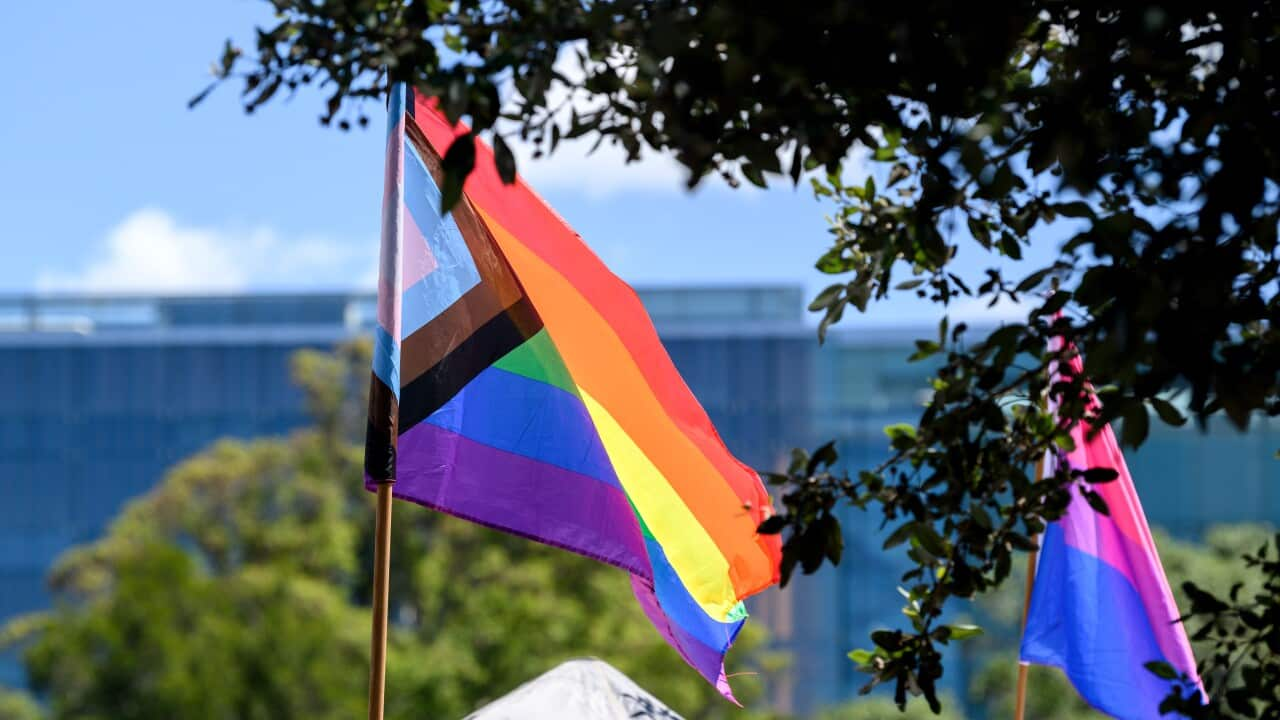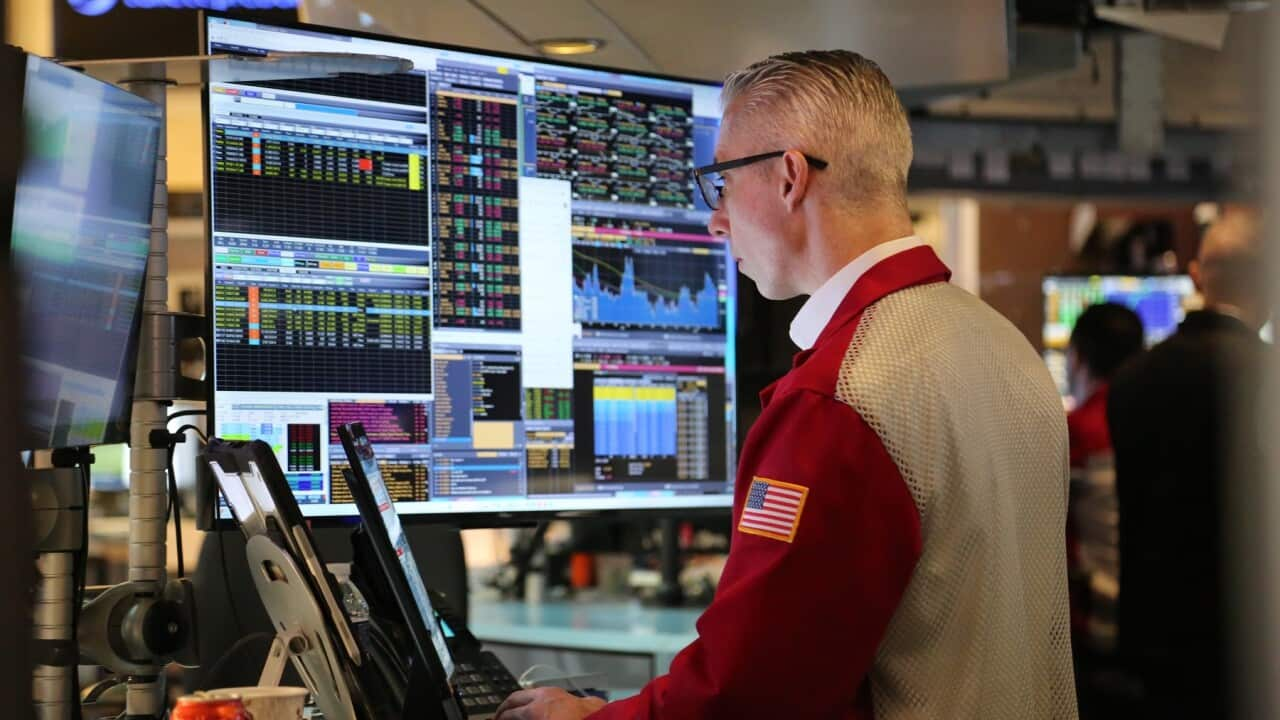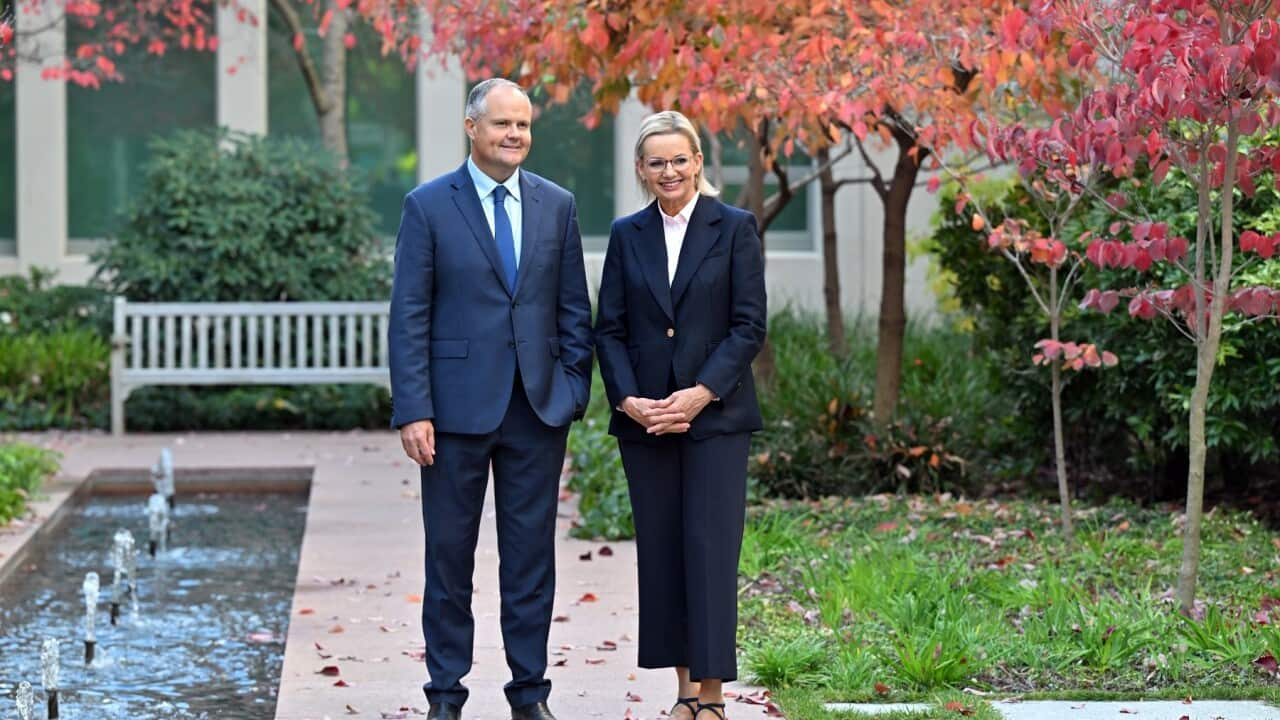TRANSCRIPT
As Sydney's Gay and Lesbian Mardi Gras Festivities commence this week disability providers are teaming up to highlight inclusiveness and connection within the community.
Three of Australia's leading disability providers, the Australian Foundation for Disability, the Cerebral Palsy Alliance, and Northcott, are once again working together to represent LGBTIQ-plus people with disability at this year's parade.
The theme of this year's Mardi Gras is 'Free to Be', which organisers say is both a celebration of the strides towards true equality and a reminder that the fight for equality is far from over.
Liz Forsyth is the Chief Executive Officer for Northcott, she spoke to SBS about this year's theme.
"The theme of our float is "Free to fly", and that really is, you know, a really wonderful expression of the freedom and equality that Mardi Gras stands for, and certainly that's the organisation Northcott, which is doing this float in conjunction with Cerebral Palsy Alliance and Afford, two other organisations who are equally committed to inclusion and diversity as Northcott. So we're all coming together. We've spent a lot of time building stuff, creating things. There's a lot of colourful signs, there's a lot of there's always a lot of pink, a lot of glitter, always a lot of glitter, and it's going to be bright and it's going to be fun. And you know, we look at ways that we try and make the whole experience of that float, inclusive, and certainly, using keyword sign in terms of songs and dance moves, is part of it. So stay tuned, it's going to be great."
Data from 2018 indicates that around one in six Australians are living with a disability.
Research also suggests that 30 to 40 per cent of people with disability identify as LGBTIQ-plus.
With both identities deeply intertwined, there remain significant gaps in accessibility for people with disability, both within the broader community and even the queer community itself.
Rebecca O'Sullivan is Cerebral Palsy Australia's Acting General Manager of Influence and Advocacy.
She says despite progress, there are still many assumptions made about the personal lives of people with disability.
"The misconceptions that people assume that people with disability don't have relationships, don't express their identities or don't belong in the LGBTQI space. By being part of this event, we are making it clear that disability and LGBTQI identity are not separate experiences. They are deeply connected, and visibility matters we need to listen and elevate the voices. "
Sydney's Mardi Gras is one of the world's largest LGBTIQ-plus celebrations and attracts visitors from all over the world.
At this year's parade, accessible seating for attendees with mobility challenges is available along the route to ensure everyone can view the floats and performances.
Organisers have also set up established 'quiet zones', to provide people with autism and dementia with some respite from festivities.
Many Mardi Gras events also include Auslan sign language interpreters to make performances, speeches, and announcements accessible for Deaf attendees.
But while accessibility is improving at Mardi Gras, Liz Forsyth says loud and bright events like Mardi Gras can still pose challenges.
"Mardi Gras, like any big event, can raise issues for people with disability, who might find the physical environment challenging to navigate, so in terms of mobility and access, but who also might find the sensory environment quite full on. I've certainly been to a few Mardi Gras in my time, and it's loud and it's colourful and sometimes for people with sensory issues that can cause difficulty for them. So partly, the parade has been working, over many years, actually, with us and with other colleagues in the disability industry to make it more accessible and inclusive for people with disabilities. So there's certainly more accessibility in terms of physical access, access to accessible toilets. toilets and facilities for people who need mobility. "
The 47th annual Sydney Gay and Lesbian Mardi Gras Parade will take place on Saturday, the first of March.
Liz Forsyth says it's a time for everyone to be celebrated for who they are.
"We see people as people, and I think that's what we try and encourage everyone to do rather than label and put people in a box, but encourage people to be people, and find opportunities for people with disability to have the the open opportunity to express themselves, who they are, and that sometimes needs a bit of work and support. but that's that's why we do the things we do. That's why we work with other organisations and Mardi Gras for people with disabilities to give them those same kind of opportunities that are often taken for granted. "













